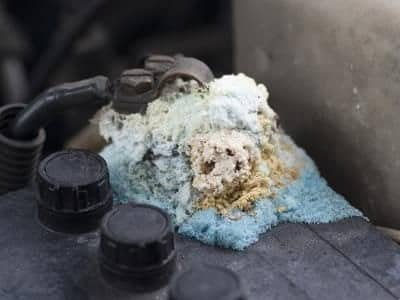Commonly found in lead-acid batteries—including those used in cars, motorcycles, and other heavy-duty equipment— battery acid is a toxic material. Knowing what battery acid smells like can enable you to spot leaks or exposure, so guaranteeing personal safety and prompt reaction. This thorough article will cover what battery acid smells like, how to identify it, and what to do should you come across it.
Understanding Battery Acid
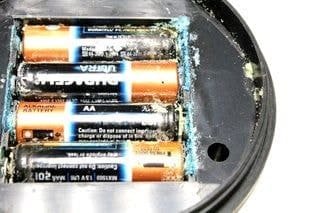
Mostly sulfuric acid (H2SO4), battery acid is a highly corrosive chemical. Clearly slightly yellow in appearance, inappropriate handling of it causes major health hazards. Although sulfuric acid by itself smells hardly when left undisturbed, its scent becomes more obvious as it interacts with other substances or breaks down.
What Does Battery Acid Smell Like?
Usually smelling strongly and pungently like rotten eggs or sulfur, battery acid can The sulfuric odor results from hydrogen sulfide gas emitted during a chemical process. Often associated with a burning feeling in the nose or throat should one inhale hydrogen gas directly, the aroma is strong, stinging, and unpleasant.
Why Does Battery Acid Smell Like Rotten Eggs?
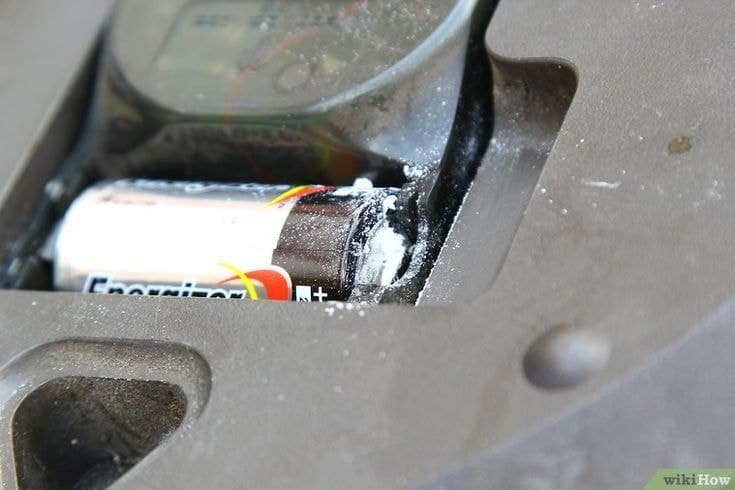
The unique rotten egg smell is mostly associated with hydrogen sulfide gas, a byproduct generated when sulfuric acid combines with some metals or breaks down. Even in minute amounts, this gas is well known for its strong smell. Often among the first indicators of battery acid leakage or chemical reactions within degraded cells industrial batteries is this.
Factors That Influence the Smell
Several elements can influence the degree of the battery acid smell’s perceptibility:
- Acid concentration: Stronger concentrations smell more strongly.
- Chemical Reaction: The scent is more strong when battery acid interacts with metals or pollutants.
- Environmental Conditions: The strong scent might be enhanced by warm temperatures or small areas.
- Older batteries are more likely to leak, which causes a more intense smell.
Common Scenarios Where Battery Acid Smell Occurs
- Damage, corrosion, or overcharge of car batteries could cause a strong sulfur smell.
- Chemical reactions can cause a bad smell by increasing the hydrogen sulfide gas release when a battery overheats.
- Older or deteriorated batteries are prone to leakage, which accentuates the sulfuric smell.
- Industrial Equipment: Should a compromise affect heavy machinery and backup power systems running lead-acid batteries, this stink could result.
- Improperly disposed of batteries in garbage disposal sites might cause over time strong sulfuric smells.
Health Risks of Battery Acid Exposure
Different health problems, including:
- Burning feelings or coughing can result from the strong scent irritating the eyes, nose, and throat.
- Direct touch with battery acid could cause serious chemical burns on skin.
- Extended inhaling could cause lung inflammation or breathing problems.
- Battery acid splashes can seriously harm eyes, occasionally leading to blindness if handled incorrectly.
How to Handle Battery Acid Safely
Use these safety precautions if you believe you have been exposed to battery acid:
- Steer clear direct contact by dressing in safety gear, gloves, and eyewear.
- Open windows or run fans to help to distribute dangerous pollutants throughout the area.
- Use commercial acid neutralizer or baking soda to neutralize spills of acid.
- Dispose of contaminated materials per local recommendations for hazardous trash.
- See a doctor right away if you have irritation, burns, or trouble breathing.
What to Do if You Smell Battery Acid
Should you smell a sulfur or rotten egg,
- Check nearby batteries for corrosion, cracks, or leaks.
- Turn off machinery to reduce electrical risks if safe to do so.
- If the scent is strong or accompanied by smoke, leave the area right away.
- Ask for professional help. For safe cleanup, see a technician or hazardous material professional.
- Watch for lingering smells; if the scent lingers after cleaning, underlying problems could need expert assessment.
Preventing Battery Acid Leaks
Preventive steps help to lower the possibility of battery acid exposure:
- Frequent maintenance includes looking for leaks or corrosion on batteries.
- Store batteries in cool, dry spaces free of combustible objects.
- Use automatic shutoff function chargers to prevent overheating.
- Apply anti-corrosion sprays to battery terminals to help to reduce leaks.
- Approach batteries carefully. Batteries dropped or shook run the danger of internal damage and consequent leaks.
Identifying the Smell of Battery Acid
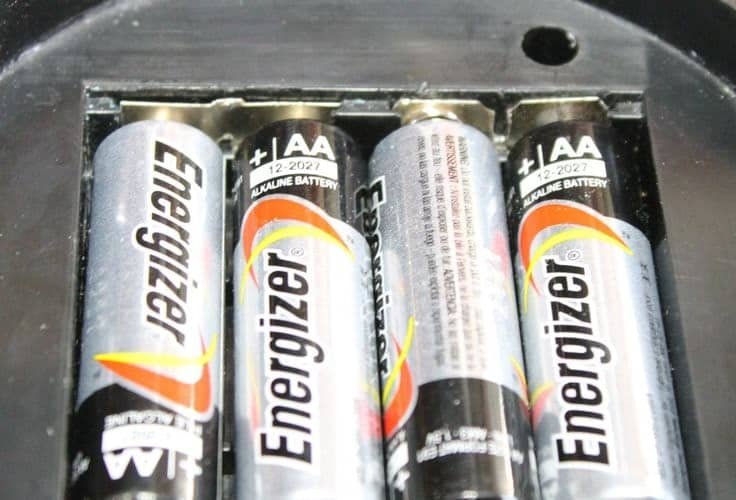
Once you know battery acid, its characteristic smell is unique and somewhat straightforward to detect. It usually smells strongly, nasty, and is rather unpleasant and sharp. Many people characterize the scent of battery corrosion as smelling strongly of chemicals or like rotting eggs. This specific smell results from sulfuric acid in the battery, which, in air, generates sulfur dioxide gas. This gas gives battery acid its strong and arresting smell, which is usually connected with Although the concentration of the acid or ambient conditions may affect the strength of the odor, the keen and strong character of the smell usually makes it rather clear. Unlike welcoming smells like fresh flowers, citrus fruits, or the reassuring scent of baked foods, battery acid smells are quite strong and unpleasant. This unpleasantness is what makes it a useful warning sign; it helps people to immediately identify possible battery acid leaks and take required action to guarantee their safety and safeguard their surroundings.
Recognizing Signs of Battery Acid Leakage
Maintaining both safety and the lifetime of electrical equipment depends on one being able to recognize the indicators of a battery acid leak. The most clear and immediate sign of a leak is the characteristic sulfuric smell that quite matches the stench of rotten eggs. Should you find this strong smell persisting close to a battery or other electrical item, it would be rather evident that battery acid leakage is under way. Apart from the odor, though, there are various visual indicators that may suggest a prospective leak. One often used sign of acid leakage is corrosion around the battery terminals or adjacent metal parts. Affected surfaces show this corrosion as a white, flaky residue or as a powdery substance with a greenish tint. Moreover, discolouration is another obvious hint that should not be missed. Leaching battery acid can cause areas exposed to it to seem black, discolored, or have an odd color when compared to their typical condition electrical energy. Those who pay close attention to the unique smell as well as these visual warning signals will be able to rapidly identify battery acid leaks and act to reduce the associated hazards. Timely identification of battery acid dangerous enables quick responses, therefore reducing possible damage, preventing equipment damage, and guaranteeing efficient application of appropriate cleaning and containment techniques electrolyte solution.
Emergency Response to Battery Acid Spills
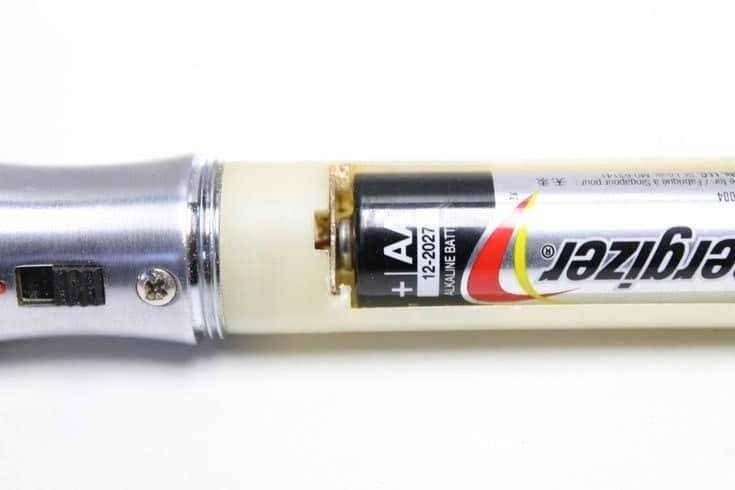
Should a battery acid spill occur:
- Use a non-reactive substance like sand to stop spreading.
- Dust baking soda over the spill to safely neutralize the acid.
- Wipe the area completely using disposable towels to remove the acid and residue.
- Use environmental recommendations for the safe disposal of hazardous objects.
- Watch for upcoming leaks. Check the area often to guarantee no residue stays.
Conclusion
Usually smelling like rotten eggs or sulfur, battery acid has a strong and piercing scent that suggests possible risk. Early recognition of this scent can help you avoid damaging exposure and safeguard your health. Should you smell battery acid, give safety top priority by venting the space, donning protective clothing, and quickly addressing the source of the odor. Preventing leaks and guaranteeing a safe surroundings depend much on regular battery maintenance and correct handling touch battery acid. One of the crucial abilities that might help avoid possible risks and property damage is the sense of battery acid’s scent. One should never overlook the clear warning indication that is the strong, pungent scent akin to rotten eggs or sharp chemicals batteries leak acid severe burns. Identifying this smell and paying close attention to visual clues like discoloration and corrosion will enable people to respond fast and effectively to handle battery acid leaks. People may guarantee their safety, reduce dangers, and efficiently control any possible battery acid events before they get more serious by being alert and responsive.

